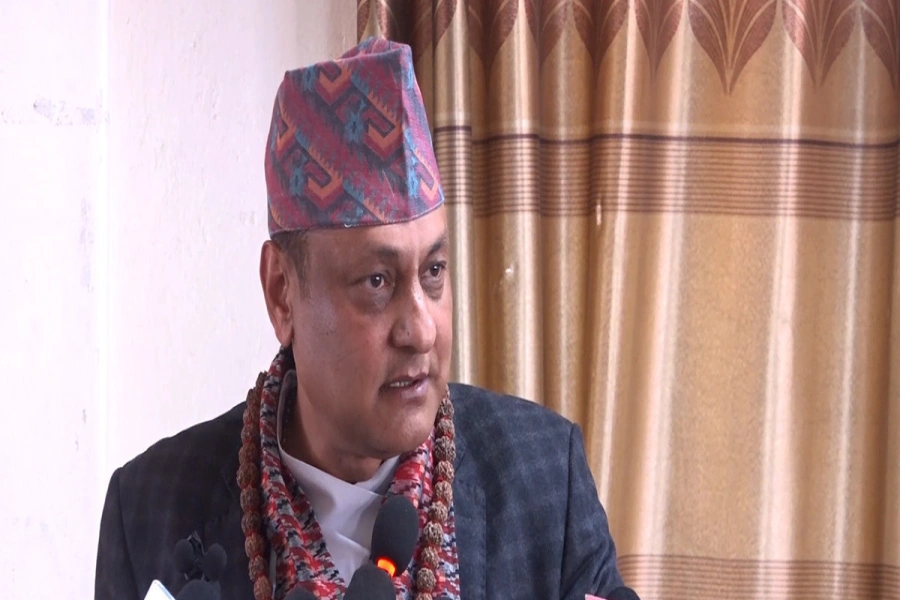These are unprecedented times. War, political strife, climate change and social upheaval feature regularly in our everyday lives.
Social media has democratised information-sharing, giving anyone with a communications device and access to an internet connection the power to shape global opinions. Various platforms provide a steady, unceasing stream of information on all things under the sun. Unfortunately, misinformation and disinformation have also proliferated, and it is becoming increasingly difficult to differentiate between truth and fiction.
In these times of uncertainty, traditional media has been striving to contribute responsibly. Though news publishers have sometimes seemed overwhelmed by the speed with which information is now being created and consumed, they continue to play an invaluable role by diligently separating facts from falsehoods for readers.
World Asthma Day 2022: Common signs and symptoms to look out fo...

Today, we mark World News Day, for which thousands of media outlets around the world have joined hands to raise awareness about the importance of credible and truthful journalism.
There is no denying that public trust in journalism has eroded. With so many new sources of information available, it is easy to find echo chambers where one’s personal preferences and biases are constantly validated. The objective truth, on the other hand, rarely offers such comfort. At the same time, perhaps, newsrooms should also introspect. They must work on rebuilding readers’ trust.
Reporters and editors are, these days, often accused of bias or being unfair in their reporting. Perhaps it is time they presented themselves more openly to the public. They should be transparent about their practices, uphold high ethical standards, and correct their mistakes whenever necessary and without hesitation. They owe it to their readers to keep themselves accountable. They should always remember that journalism is, at the heart of it, about addressing injustice and giving voice to the voiceless.
At a time when many young readers are turning to social media for their news, it is our responsibility to educate them on how they may better differentiate between reliable journalism and misinformation. This is an era where falsehoods can travel around the world, quite literally, in the blink of an eye. Equipping young people with the ability to discern between right and wrong will help contain this problem.
Journalists must also work harder to reach those audiences who are often closed off from facts. They should build bridges, not divisions, through the art of compassionate, sincere storytelling. These are difficult times for journalists, no doubt: the revenue models that have sustained news publishers have been rendered obsolete in the age of digital media.
However, this must not distract publishers or journalists from their responsibilities towards their readers. Readers, too, must remember that ethical, trustworthy and honest journalism will help them see through these difficult times to better days. They must choose truth over sensationalism.
Source: Dawn (Pakistan)


































